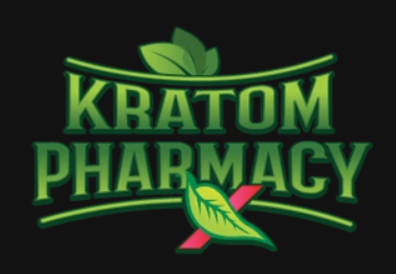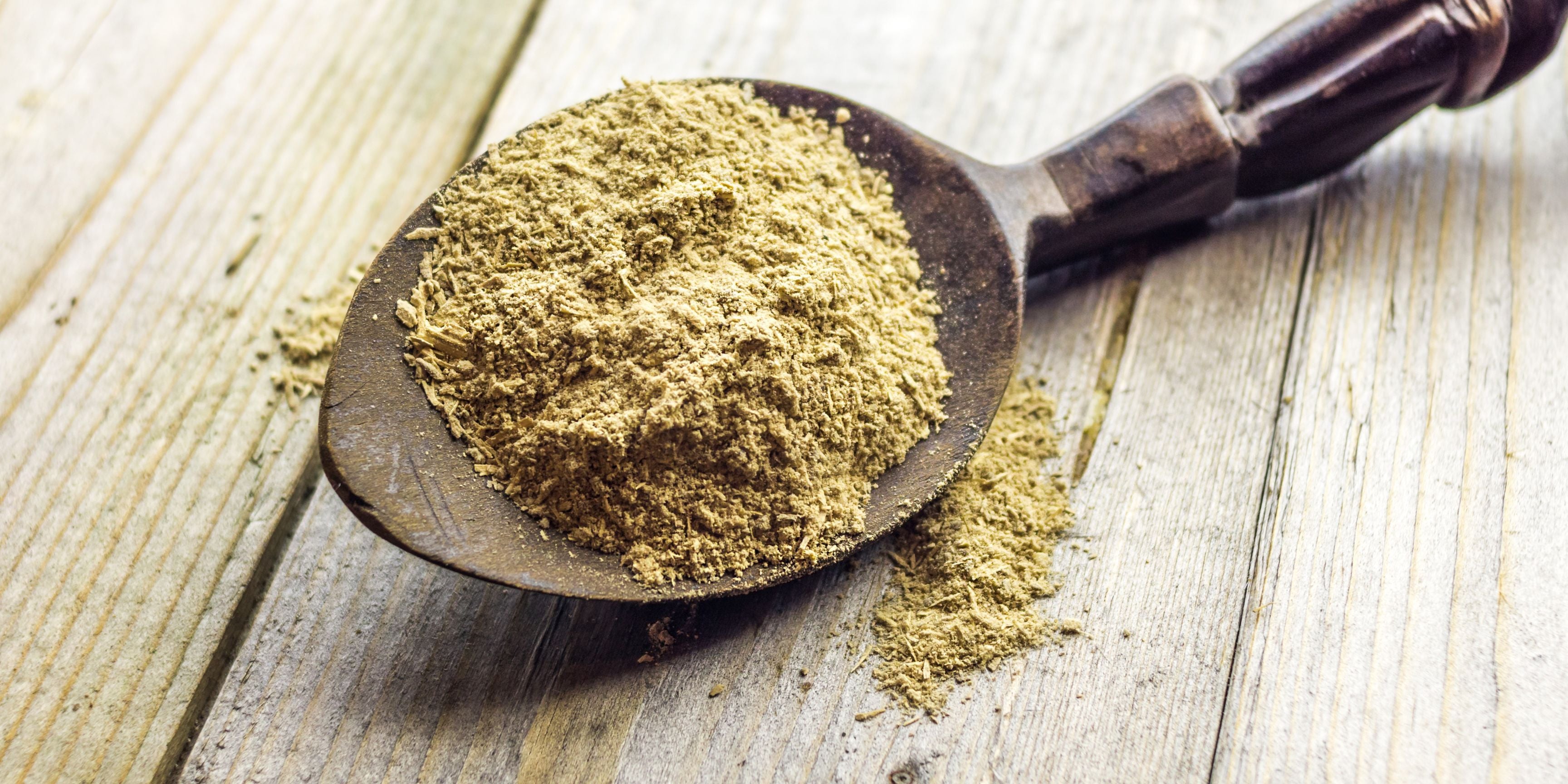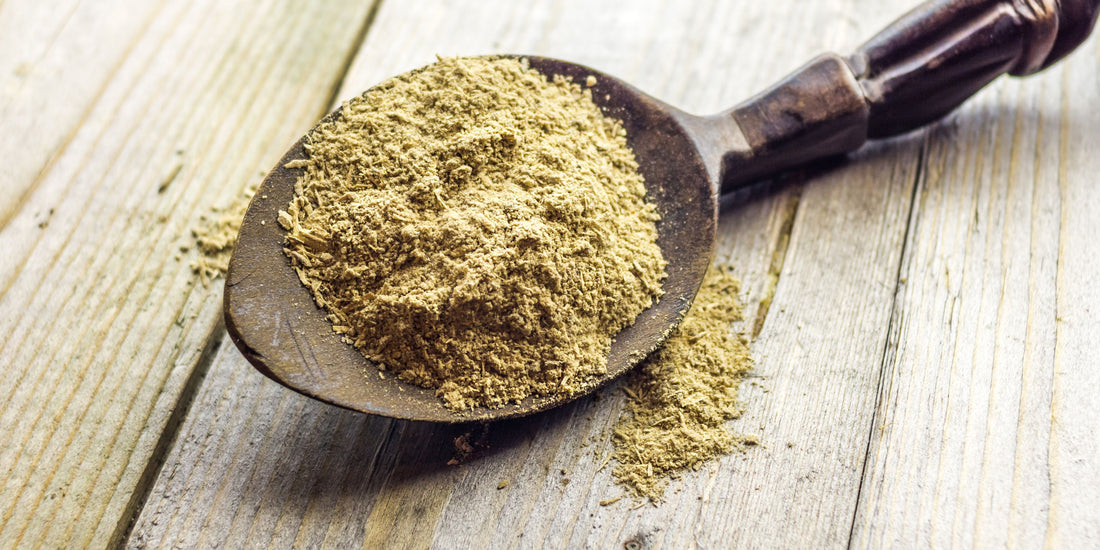In the realm of herbal remedies, Kava and Kratom stand out as popular choices for various purposes, ranging from anxiety relief to pain management. Understanding the differences between these two natural substances is crucial for making informed decisions about their usage. In this comprehensive guide, we'll delve into the nuances of Kava vs Kratom, exploring their effects, usage, benefits, and more.
Exploring the Differences: Kava vs Kratom Effects, Usage, and Benefits
Before diving into the specifics, let's establish a basic understanding of Kava and Kratom and how they differ from one another.
Understanding Kava and Kratom: Key Similarities and Contrasts
Kava, derived from the roots of the Piper methysticum plant, has been traditionally used in Pacific Island cultures for its calming effects. Kratom, on the other hand, comes from the leaves of the Mitragyna speciosa tree native to Southeast Asia and is known for its stimulating and sedative properties.
While both Kava and Kratom interact with the body's neurochemistry, they do so in distinct ways. Kava primarily affects the central nervous system, promoting relaxation and reducing anxiety. Kratom, on the other hand, interacts with opioid receptors, leading to effects similar to opioids at higher doses and stimulant-like effects at lower doses.
Kava vs Kratom for Anxiety Relief: Which Herbal Remedy is More Effective?
One of the primary reasons individuals turn to Kava and Kratom is for anxiety relief. Let's examine how each substance fares in this regard.
Decoding the Science: How Kava and Kratom Impact Anxiety Levels
Kava for Anxiety Relief: Studies have shown that Kava may help alleviate symptoms of anxiety by increasing levels of gamma-aminobutyric acid (GABA) in the brain, which promotes relaxation and reduces stress. However, long-term use or high doses of Kava may lead to adverse effects on liver health.
Kratom for Anxiety Relief: Kratom's effects on anxiety are less well-studied compared to Kava. While some users report experiencing anxiety relief with Kratom, others may find that it exacerbates their symptoms, particularly at higher doses.
Comparing Kava and Kratom for Pain Management: What You Need to Know
Another common use for both Kava and Kratom is pain management. Let's explore how these herbal remedies stack up in this regard.
Unveiling the Potential: The Analgesic Properties of Kava and Kratom
Kava for Pain Management: While Kava is not typically used as a pain reliever, some individuals may find that its calming effects help alleviate muscle tension and promote relaxation, which can indirectly reduce pain perception.
Kratom for Pain Management: Kratom has garnered attention for its potential analgesic properties, with some users reporting relief from chronic pain conditions such as arthritis and fibromyalgia. However, more research is needed to fully understand its effectiveness and safety for long-term pain management.
Stay tuned for the continuation of this comprehensive guide, where we'll delve deeper into topics such as dosage guidelines, potential side effects, legal status, and user experiences of Kava and Kratom.
Frequently Asked Questions (FAQs) about Kava vs Kratom
1. What is the difference between Kava and Kratom?
Kava and Kratom are both herbal remedies derived from different plants and have distinct effects on the body. Kava is typically used for its calming and anxiety-reducing effects, while Kratom is known for its stimulating and pain-relieving properties.
2. What are the main benefits of Kava and Kratom?
The benefits of Kava and Kratom vary, but they are often used for anxiety relief, pain management, relaxation, and mood enhancement. Kava is also known for its potential to promote sleep, while Kratom may provide a boost in energy and focus.
3. How do I use Kava and Kratom?
Kava is commonly consumed as a tea or in supplement form, while Kratom is often ingested as a powder, capsule, or brewed into a tea. Dosage and preparation methods may vary, so it's essential to follow recommended guidelines and consult with a healthcare professional.
4. Are there any side effects associated with Kava and Kratom?
While Kava and Kratom are generally considered safe when used responsibly, they may cause side effects in some individuals. These can include digestive issues, drowsiness, nausea, and dependency with prolonged use. It's crucial to use Kava and Kratom cautiously and in moderation.
5. Which is better for anxiety relief: Kava or Kratom?
The effectiveness of Kava and Kratom for anxiety relief may vary from person to person. Some individuals may find Kava more effective due to its calming properties, while others may prefer Kratom for its stimulating effects. It's essential to experiment with both and consult with a healthcare professional to determine the best option for you.
6. Is Kava or Kratom legal?
The legal status of Kava and Kratom varies by country and region. While Kava is legal in many countries, including the United States, Kratom's legality is more complex and may be subject to regulations or restrictions in certain areas. It's essential to research the legal status of Kava and Kratom in your location before purchasing or using them.
7. Can I use Kava and Kratom together?
While it's technically possible to use Kava and Kratom together, it's essential to exercise caution and be aware of potential interactions and side effects. Combining substances with similar effects may increase the risk of adverse reactions or overdose. It's best to consult with a healthcare professional before combining Kava and Kratom.
8. Are Kava and Kratom addictive?
Both Kava and Kratom have the potential for dependency and addiction, particularly with long-term or excessive use. It's crucial to use these substances responsibly and avoid using them habitually or in large doses to minimize the risk of addiction.


